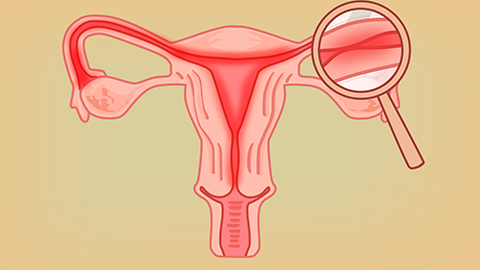Why are there more and more people with blocked fallopian tubes?
The number of women with blocked fallopian tubes is increasing, primarily due to factors such as pelvic inflammatory infections, damage from induced abortions, improper uterine procedures, gynecological diseases, and unhealthy lifestyle habits. Prolonged exposure to these factors can easily lead to adhesions or blockages in the fallopian tube lumen. If symptoms such as infertility or abdominal pain occur, prompt medical evaluation is recommended.
1. Pelvic Inflammatory Infection: Sexually transmitted infections such as gonorrhea and chlamydia, or gynecological inflammations like pelvic inflammatory disease (PID) and salpingitis, can cause congestion and swelling of the fallopian tube mucosa. Chronic inflammation often leads to tubal adhesions and is a major cause of blockage.
2. Damage from Induced Abortion: During abortion procedures, manipulation within the uterine cavity may trigger endometritis. Inflammation can spread to the fallopian tubes, or postoperative inadequate care may result in infection, both of which can disrupt the normal structure of the fallopian tubes.

3. Improper Uterine Procedures: Medical procedures such as fallopian tube irrigation or hysteroscopy, if performed with inadequate sterilization or technical errors, may injure the fallopian tube mucosa, leading to adhesions or obstruction.
4. Impact of Gynecological Diseases: Conditions such as endometriosis, tuberculous salpingitis, and ovarian cysts may directly compress or invade the fallopian tubes, resulting in luminal narrowing or occlusion.
5. Unhealthy Lifestyle Habits: Poor sexual hygiene, chronic sleep deprivation, and excessive fatigue can reduce immune function, increase the risk of pelvic infections, and thereby indirectly contribute to fallopian tube blockage.
Daily preventive measures include maintaining good sexual hygiene and avoiding unclean sexual contact; minimizing unnecessary uterine interventions and practicing effective contraception; adhering to regular作息, balanced nutrition, and moderate exercise to strengthen overall health and reduce the risks of infection and tubal blockage.




